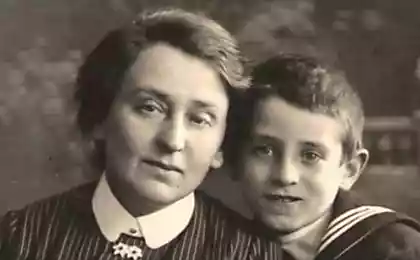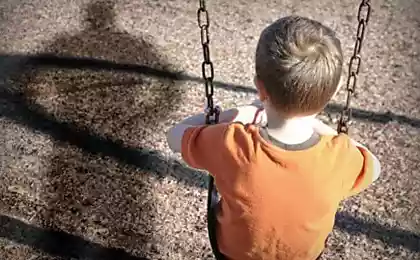157
My mother was considered perfect, but she ruined my whole life.
The attitude of the mother to the child largely determines his future character, as well as what he will tell his psychologist. Many will say that it is fashionable now to blame parents and shift responsibility. But if you say that, you're lucky. You probably had great parents. But there is another side to the coin.
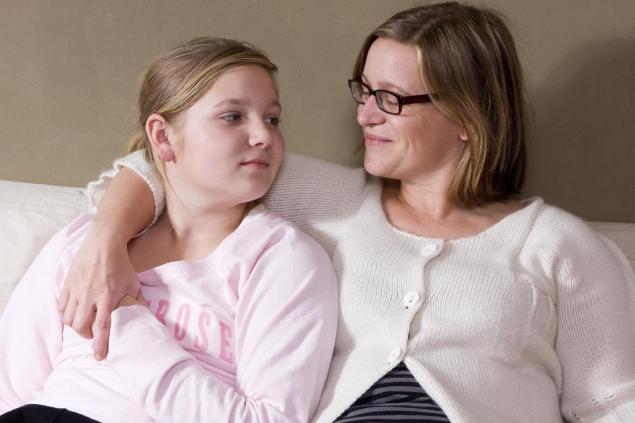
Sometimes under the mask of care hides cruelty, which is invisible to others. Editorial "Site" He will tell you the stories of people who have experienced such “care” on themselves. They will also try to figure out what to do if you were treated this way as a child.
In childhood, we perceive the words of parents as the ultimate truth. We believe that parents are always right and always act in our best interests. Even as an adult, it can be difficult to accept the fact that the intentions of the closest person are not always good. What does that mean? Let's figure it out.

Comparison with others is probably the most common situation that is familiar to many. When you are bad, sloppy, but the neighbor Lenochka ... Often such remarks are presented under the guise of care, but can play a cruel joke with the child. They either discourage any desire to move forward, or, on the contrary, force a person to constantly prove that he is worthy of praise and recognition.
Olga says: My mother always set other children as an example to me. Like, look, Varenka has good grades, and you are learning how. Danya has time to attend the mugs, and you're a lazy girl, dropped the music. In the end, I gave up everything I loved to do, because I still won’t be able to do it properly.
When you’re 10 or 12 years old, your mom’s words have a huge impact on you. Now, every time I don't have time or allow myself to lie in bed for an hour, I hear my mother's voice. He tells me how useless I am. I’m not saying that all my failures are my fault, but if she praised me more often, it would be easier for me.”

You come home with broken knees. Fell off his bike, rode down the pavement. You go to your mom and tell her you're in pain. What would your mom say? I'd probably wash the cuts, feel sorry for you, and put on a patch. But there are parents who will say, "Don't exaggerate, it can't hurt so much!"
Our editor Andrey says, Mom always devalued how I felt. Instead of pity or compassion, I've always heard myself exaggerating. And now nothing has changed. Helping my dad move, dragging their big old closets. I ripped off my back, spent a few weeks with her.
And when my mom called and asked me to come and help with the furniture, I told her I couldn't. What do you think I heard in response? The usual tirade about me exaggerating, it can't hurt so much that you make it up.”
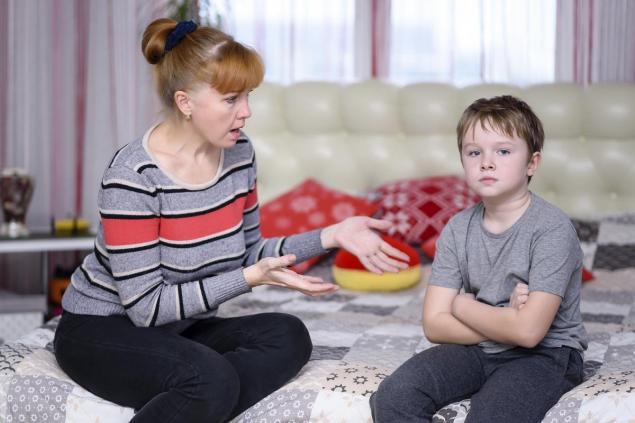
It would seem that there is nothing so terrible here. However, trying to make a person doubt their feelings is a form of hidden aggression. Under this sauce is presented the attempt of parents in spite of tears and protests to feed the child or put on warm clothes. They seem to convince the child that he wants it, but does not understand.
This is how insecure adults grow up and doubt everything. Yes, there are many things children can’t do on their own, but you still need to respect their personal boundaries and let them decide for themselves. Trust me, they'll be grateful.
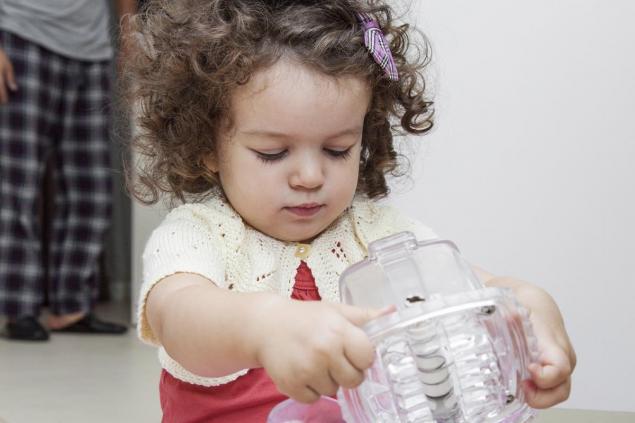
There is nothing wrong with jokes in the family. But only until they turn into outright ridicule. Even adults find it difficult to survive the moments when they are laughed at. What about the baby? Especially when your parents make fun of you.
Sasha said: My mother never missed an opportunity to make me feel bad. Especially to my friends. She always remembered some of the most embarrassing and stupid things in my life. She thought it was funny, but I was always offended. Her criticism never stopped. And when I did something wrong, she always said I would grow up like my bad dad.
Even after 20 years, nothing has changed. I called her to a restaurant once. We had a nice dinner, but it wasn't good after that. Now every time I invite her to dinner, she asks, ‘Where are we going?’ The restaurant where you almost poisoned me? It shakes every time.”
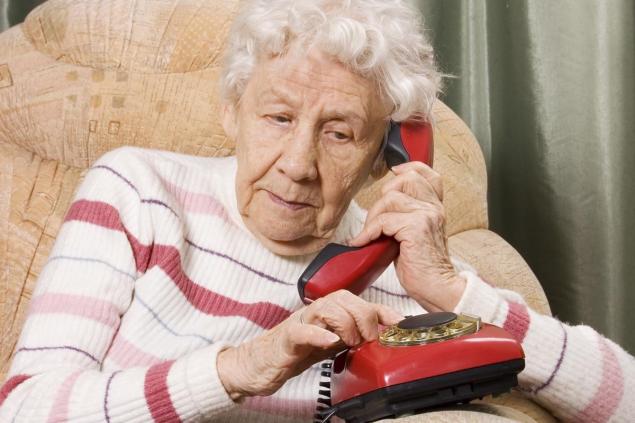
Perhaps the scariest of childhood memories are the moments when my grandmother resented me for something and just stopped talking to me. As I remember now, that missing look and total disregard for my existence. It's such a panic. After all, what will I do now when my grandmother does not talk to me, does not see me?
It may seem like a good educational measure. But it's not. When you boycott a child, it undermines your basic sense of security. The child at this moment feels defenseless and abandoned. How can you be calm when your parents can turn away from you at any time? I think that's the worst punishment.

Mother-to-child attitude: Summing up this is just one example. Parental aggression under the guise of caring can manifest itself in different ways, but its impact is devastating. Skeptics can say that only a person is responsible for what happens to him, but you can not escape the truth. Sometimes parents do things that ruin their children’s lives.
But the big question is, what do you do when you recognize yourself in these stories? Giving some general advice is inappropriate. Every family, every case is individual. But if this continues into adulthood, we need to take decisive action.

Try to tell your parents your dissatisfaction and explain what you do not like. You'll probably feel better. By suppressing your feelings and continuing to tolerate the attitude of your parents towards you, you remain in the position of a child. This allows them to punish themselves again and again. Try to be direct, but calm.
If this does not help, it is probably worth limiting communication with passive-aggressive relatives. Do not hesitate to seek psychological help. It is not a shame to call a specialist when you have a problem. Let yourself be happy.
Have you experienced something like this in your life? How did you deal with that?

Sometimes under the mask of care hides cruelty, which is invisible to others. Editorial "Site" He will tell you the stories of people who have experienced such “care” on themselves. They will also try to figure out what to do if you were treated this way as a child.
In childhood, we perceive the words of parents as the ultimate truth. We believe that parents are always right and always act in our best interests. Even as an adult, it can be difficult to accept the fact that the intentions of the closest person are not always good. What does that mean? Let's figure it out.

Comparison with others is probably the most common situation that is familiar to many. When you are bad, sloppy, but the neighbor Lenochka ... Often such remarks are presented under the guise of care, but can play a cruel joke with the child. They either discourage any desire to move forward, or, on the contrary, force a person to constantly prove that he is worthy of praise and recognition.
Olga says: My mother always set other children as an example to me. Like, look, Varenka has good grades, and you are learning how. Danya has time to attend the mugs, and you're a lazy girl, dropped the music. In the end, I gave up everything I loved to do, because I still won’t be able to do it properly.
When you’re 10 or 12 years old, your mom’s words have a huge impact on you. Now, every time I don't have time or allow myself to lie in bed for an hour, I hear my mother's voice. He tells me how useless I am. I’m not saying that all my failures are my fault, but if she praised me more often, it would be easier for me.”

You come home with broken knees. Fell off his bike, rode down the pavement. You go to your mom and tell her you're in pain. What would your mom say? I'd probably wash the cuts, feel sorry for you, and put on a patch. But there are parents who will say, "Don't exaggerate, it can't hurt so much!"
Our editor Andrey says, Mom always devalued how I felt. Instead of pity or compassion, I've always heard myself exaggerating. And now nothing has changed. Helping my dad move, dragging their big old closets. I ripped off my back, spent a few weeks with her.
And when my mom called and asked me to come and help with the furniture, I told her I couldn't. What do you think I heard in response? The usual tirade about me exaggerating, it can't hurt so much that you make it up.”

It would seem that there is nothing so terrible here. However, trying to make a person doubt their feelings is a form of hidden aggression. Under this sauce is presented the attempt of parents in spite of tears and protests to feed the child or put on warm clothes. They seem to convince the child that he wants it, but does not understand.
This is how insecure adults grow up and doubt everything. Yes, there are many things children can’t do on their own, but you still need to respect their personal boundaries and let them decide for themselves. Trust me, they'll be grateful.

There is nothing wrong with jokes in the family. But only until they turn into outright ridicule. Even adults find it difficult to survive the moments when they are laughed at. What about the baby? Especially when your parents make fun of you.
Sasha said: My mother never missed an opportunity to make me feel bad. Especially to my friends. She always remembered some of the most embarrassing and stupid things in my life. She thought it was funny, but I was always offended. Her criticism never stopped. And when I did something wrong, she always said I would grow up like my bad dad.
Even after 20 years, nothing has changed. I called her to a restaurant once. We had a nice dinner, but it wasn't good after that. Now every time I invite her to dinner, she asks, ‘Where are we going?’ The restaurant where you almost poisoned me? It shakes every time.”

Perhaps the scariest of childhood memories are the moments when my grandmother resented me for something and just stopped talking to me. As I remember now, that missing look and total disregard for my existence. It's such a panic. After all, what will I do now when my grandmother does not talk to me, does not see me?
It may seem like a good educational measure. But it's not. When you boycott a child, it undermines your basic sense of security. The child at this moment feels defenseless and abandoned. How can you be calm when your parents can turn away from you at any time? I think that's the worst punishment.

Mother-to-child attitude: Summing up this is just one example. Parental aggression under the guise of caring can manifest itself in different ways, but its impact is devastating. Skeptics can say that only a person is responsible for what happens to him, but you can not escape the truth. Sometimes parents do things that ruin their children’s lives.
But the big question is, what do you do when you recognize yourself in these stories? Giving some general advice is inappropriate. Every family, every case is individual. But if this continues into adulthood, we need to take decisive action.

Try to tell your parents your dissatisfaction and explain what you do not like. You'll probably feel better. By suppressing your feelings and continuing to tolerate the attitude of your parents towards you, you remain in the position of a child. This allows them to punish themselves again and again. Try to be direct, but calm.
If this does not help, it is probably worth limiting communication with passive-aggressive relatives. Do not hesitate to seek psychological help. It is not a shame to call a specialist when you have a problem. Let yourself be happy.
Have you experienced something like this in your life? How did you deal with that?
A girl from a wealthy family married a poor man and realized how difficult it is to wait for a salary
Why men abruptly escape from a relationship, and not part in a human way

















